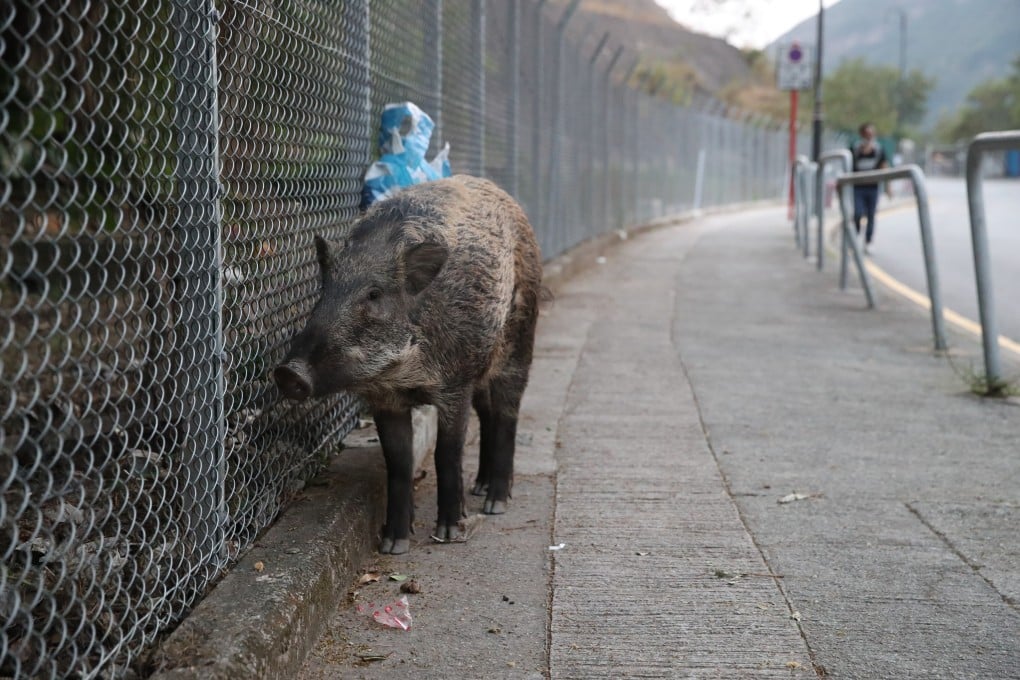Advertisement
Letters | Hong Kong can do better than kill wild boars indiscriminately
- Readers discuss the need for the Hong Kong authorities to fine-tune their boar culling operation, the city’s low-carbon calculator, and Boston’s first Asian-American mayor
Reading Time:3 minutes
Why you can trust SCMP
0

A decade ago, if you were to walk along one of the trails on Hong Kong Island, you would be unlikely to see wild boars. Even if you did, they were far too shy to approach people.
Now, despite interventions, such as the sterilisation of boars and the imposition of fines on people who feed them, the wild boar population appears to have increased massively. More worryingly, the animals have begun to freely roam around urban areas, knocking over trash cans and straying onto the roads. Truly, they have become a source of chaos and trouble.
Given how serious the problem has become, the notion of euthanising a small number of boars no longer seems entirely unwarranted.
However, the matter requires deeper reflection. Although the boars roam in groups, they are not aggressive unless they are provoked. The auxiliary policeman who was recently attacked by a boar had been trying to corner the animal along with two other officers, and it is possible the boar felt threatened.
For the sake of protecting people, putting down boars is, to some extent, understandable. But the Agriculture, Fisheries and Conservation Department is seemingly too fired up about the matter to only target those troublemaking pigs that are actually disturbing the peace. Instead, it has opted for an on-the-spot “capture and kill” strategy.
Hong Kong is still a civilised society with many kindhearted people, otherwise the boars wouldn’t seek out humans for food in the first place. Organisations like the Society for the Prevention of Cruelty to Animals exist solely to protect animals.
Advertisement